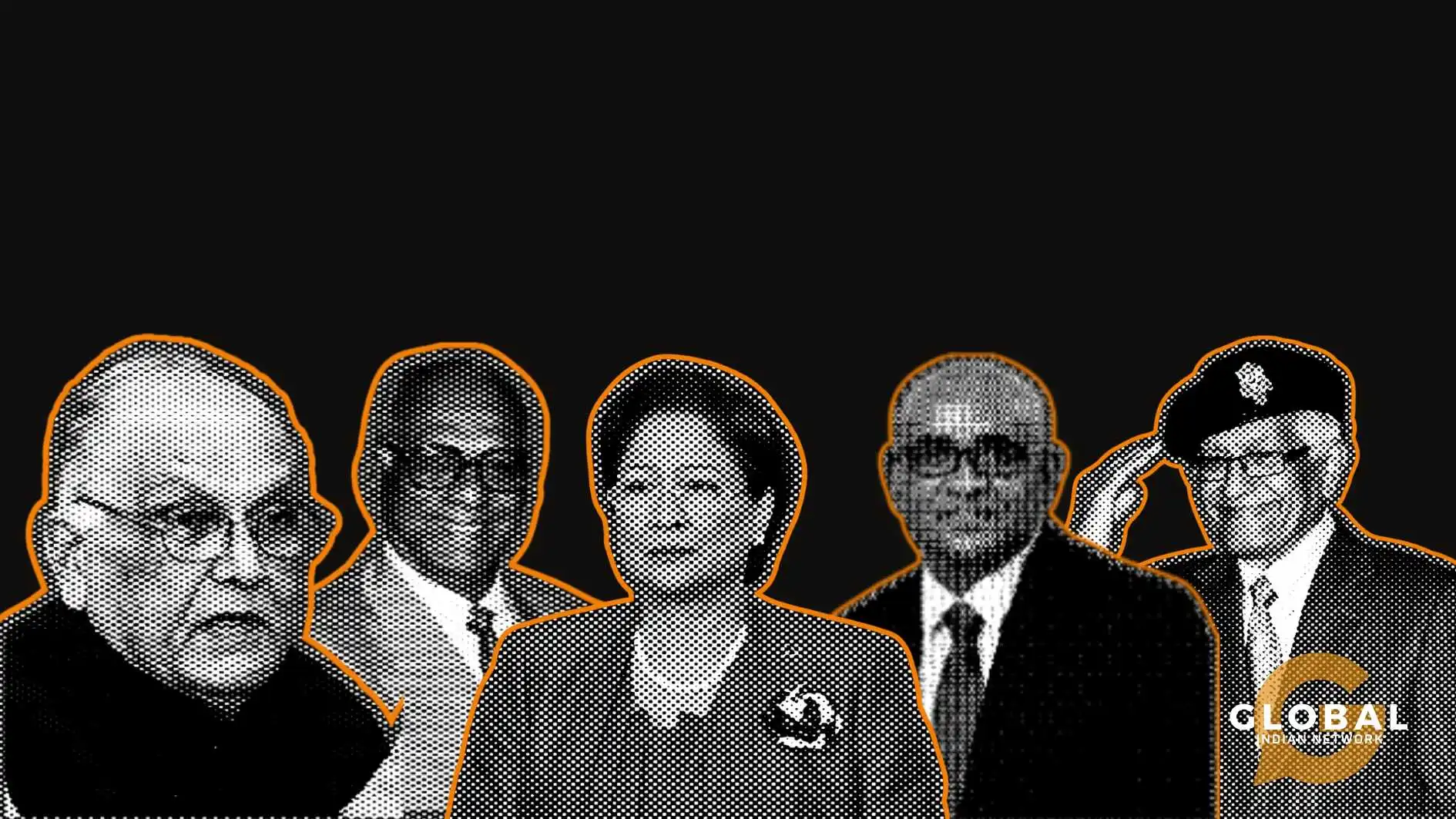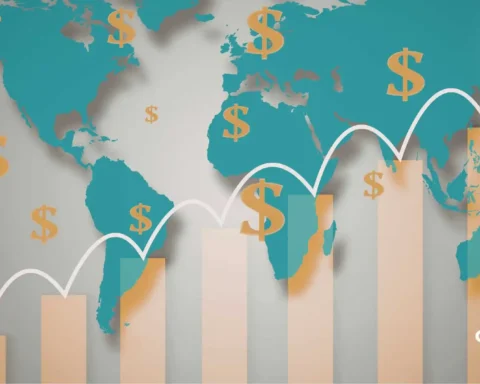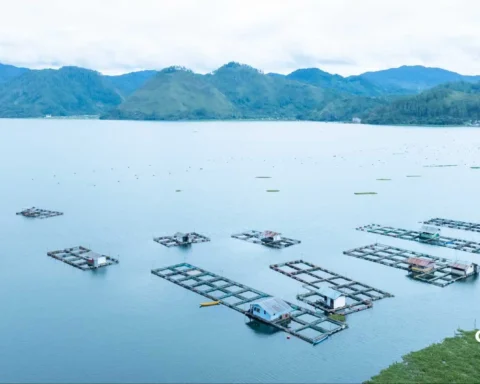History never ceases to amaze.
Long ago, Kala Pani, or “black water,” symbolized a Hindu taboo—crossing the sea meant losing caste, identity, and social status, severing ties to sacred traditions.
Yet, between 1838 and 1917, over half a million Indians escaped the taboo by becoming indentured laborers in the Caribbean. The system, characterized by long hours, low wages, and exploitation, fostered resilience, solidarity, and a strong communal identity, shaping Indo-Caribbean values and producing leaders who shaped their nations and the world.
Iconic leaders exemplify this extraordinary transformation—from colonial subjects to global statesmen. Their achievements reflect the resilience and reinvention that define the Indo-Caribbean journey. Far from erasing identity, migration strengthened it, turning adversity into a legacy. Today, this story is no longer just one of hardship—it is one of vision, influence, and enduring cultural pride.
The Indo-Caribbean experience stands as a powerful reminder that even journeys born of compulsion can shape history, inspire progress, and redefine what it means to belong.
Get ready to learn crucial lessons from history.
Table of Contents
Prominent Indo-Caribbean Leaders and Their Global Legacy
Leaders of Indian origin have had a profound impact on the political and social landscape of the Caribbean, and their influence has extended far beyond national boundaries. The interests of their respective nations have been advanced by leaders such as Bharrat Jagdeo, Cheddi Jagan, Basdeo Panday, Kamla Persad-Bissessar, and Satnarine Maharaj. They have also made significant contributions to the global dialogue on democracy, sustainable development, and social justice. Their tales are emblematic of the tenacity and dedication to progress of the Indo-Caribbean people.
Basdeo Panday: Champion of Equality and Diversity
Basdeo Panday (1933–2024) stands as a towering figure in the political history of Trinidad and Tobago. As the nation’s fifth Prime Minister (1995–2001), Panday broke significant barriers, becoming the first person of Indian descent and the first Hindu to hold the office. An unwavering commitment to justice, equality, and democracy marked his journey from trade unionist to national leader.
Panday’s political career began in the labor movement, where he led the All Trinidad Sugar and General Workers’ Trade Union, advocating for workers’ rights and social justice. He was instrumental in founding key political parties, including the United Labour Front and the United National Congress (UNC), which he led for decades. His tenure as Prime Minister was characterized by efforts to bridge ethnic divides, promote economic stability, and champion the rights of marginalized communities.
Internationally, Panday’s legacy resonates as a symbol of diversity in leadership. His recognition with the Pravasi Bharatiya Samman, India’s highest award for overseas Indians, underscores his impact on the global Indian diaspora. Panday’s vision for unity and equality continues to inspire leaders across the Caribbean and beyond.
“If you see me and a lion fighting, pray to God that the lion has no teeth.” (Source)
Cheddi Jagan: Visionary Statesman and Internationalist
Cheddi Jagan (1918–1997) is revered as the “Father of the Nation” in Guyana and a pioneering force in the Caribbean’s struggle for independence. As the first Hindu and person of Indian descent to become head of government outside India, Jagan’s election as Chief Minister in 1953 and later as President (1992–1997) marked a turning point in Guyanese and Caribbean history.
Jagan co-founded the People’s Progressive Party (PPP) and was at the forefront of the movement for Guyana’s independence from British colonial rule. His advocacy for trade unions and the working class made him a champion of the poor and downtrodden, while his internationalism set him apart as a thinker of global stature. Jagan’s concept of a “New Global Human Order” called for sustainable development, democracy, and social progress, influencing debates on global economic justice.
Despite facing political setbacks, including his removal from office in 1964, Jagan’s resilience and dedication to social upliftment earned him international renown. His writings and proposals for alleviating global poverty and promoting North-South cooperation continue to have a lasting influence in development circles.
“We need a Development Agenda that will address such important issues as alleviation of poverty, expansion of productive employment and enhancement of social integration of the more disadvantaged and marginal groups.” March 1995 addressing the World Summit on Social Development. (Source)
Bharrat Jagdeo: Architect of Modern Guyana and Global Environmental Advocate
Bharrat Jagdeo (b. 1964) emerged as one of Guyana’s most dynamic leaders, serving as President from 1999 to 2011 and currently as the Vice President. Jagdeo’s presidency was transformative, steering Guyana from economic stagnation to growth and modernization. His hallmark achievement, the Low Carbon Development Strategy (LCDS), positioned Guyana as a leader in environmental sustainability and climate change mitigation.
Under Jagdeo’s leadership, Guyana saw significant improvements in infrastructure, healthcare, education, and housing. He was instrumental in attracting international investment and promoting the country’s natural resources in a responsible manner. Despite facing allegations of corruption, Jagdeo’s commitment to transparency and development has kept him at the center of Guyanese politics.
On the global stage, Jagdeo has held leadership roles in organizations focused on sustainable development and green growth, amplifying the Caribbean’s voice in international climate negotiations. His pragmatic approach and vision for a low-carbon future have earned him recognition as a champion of both economic progress and environmental stewardship.
“Our vision is about building a future where Guyana is a modern economy, with solid infrastructure and a resilient public sector… These aren’t quick fixes… these are investments that will pay dividends for generations to come.” (Source)

Kamla Persad-Bissessar: Pioneering Leadership and Commitment to Equality
Kamla Persad-Bissessar made history as the first female Prime Minister of Trinidad and Tobago, serving from 2010 to 2015 and returning to office in 2025. A trailblazer in Caribbean politics, Persad-Bissessar is recognized for her commitment to social justice, gender equality, and inclusive governance. She has consistently championed the rights of marginalized communities and prioritized policies that fostered national unity and opportunity for all citizens.
Her leadership has been characterized by efforts to rebuild the economy, diversify revenue streams, and restore public trust in the government. Persad-Bissessar’s vision extends beyond immediate political gains, as she emphasizes long-term prosperity and the well-being of future generations. Her tenure is also marked by a commitment to transparency, innovation, and an unwavering belief in the power of compassionate leadership.
“It is time we set Trinidad and Tobago on a right path, where we cease to govern to simply win the next general election and instead govern to create wealth and opportunities for seven generations into the future.” (Source)
Satnarine Maharaj: Hindu Religious Leader and Cultural Activist
Satnarine “Sat” Maharaj (1931–2019) was a prominent Trinidadian and Tobagonian Hindu religious leader, educationalist, and civil rights activist. As Secretary-General of the Sanatan Dharma Maha Sabha (SDMS) from 1977 until his death, he played a pivotal role in modernizing Hindu education and religious life in Trinidad and Tobago and the wider Caribbean. Under his leadership, the Maha Sabha expanded its network of schools and temples, revived cultural festivals like Phagwah (Holi), and was instrumental in establishing Indian Arrival Day as a national holiday, celebrating the Indo-Caribbean heritage.
Maharaj was a tireless advocate for the rights of the Hindu and Indo-Caribbean communities, fighting against discrimination and promoting cultural pride. His activism extended to legal battles for religious freedoms and equitable government funding for cultural groups. Though sometimes controversial, Maharaj’s legacy as a champion of Hindu civil rights and multiculturalism remains influential in Caribbean society.
“Morality is independent of both religion and culture, but in the minds of most people, morality is religion and culture.” (Source)
Broader Legacy and Influence
The legacies of Panday, Jagan, Jagdeo, Bissessa, and Maharaj exemplify the impact of Indo-Caribbean leaders in shaping not only their nations but also contributing to global conversations on equity, democracy, and sustainability. Their leadership has inspired new generations of politicians and activists, particularly within the Indian diaspora, to pursue inclusive governance and social justice.
These leaders have demonstrated that the Caribbean, with its rich tapestry of cultures and histories, can produce statesmen and visionaries whose ideas resonate worldwide. Their stories are a testament to the enduring power of resilience, diversity, and the pursuit of a just society.
As the Caribbean continues to navigate the challenges of the 21st century, the global legacy of its Indo-Caribbean leaders remains a guiding light for progress, unity, and hope.

Final Thoughts
As the sun dips below the Caribbean horizon, it’s worth remembering that the first Diwali in the Western Hemisphere was celebrated not in India but in Trinidad—its light symbolising resilience and renewal.
The vision of the leaders shaped national policy and elevated Caribbean voices on the global stage, from climate summits to democratic forums. Their impact was rooted in the dreams of ancestors who crossed oceans with little more than hope. In every policy they shaped and barrier they dismantled, they honored that legacy, transforming hardship into strength and memory into momentum.
These leaders showed that influence isn’t bound by geography but fueled by the courage to uplift communities and bridge worlds. From fields lit by Diwali diyas to global forums of power, their journey is a testament to heritage reimagined. The Indo-Caribbean story is not just one of survival but of transformation, vision, and an enduring flame of hope.
In today’s complex world, it makes sense to learn from these leaders, for we need a positive world where everyone is included. Our current leaders need to look back to look forward. This does not absolve the public from remaining complacent. Global Indian Network is on its way.
How about you? Join us for global peace and prosperity. Follow us for more unique insights.









